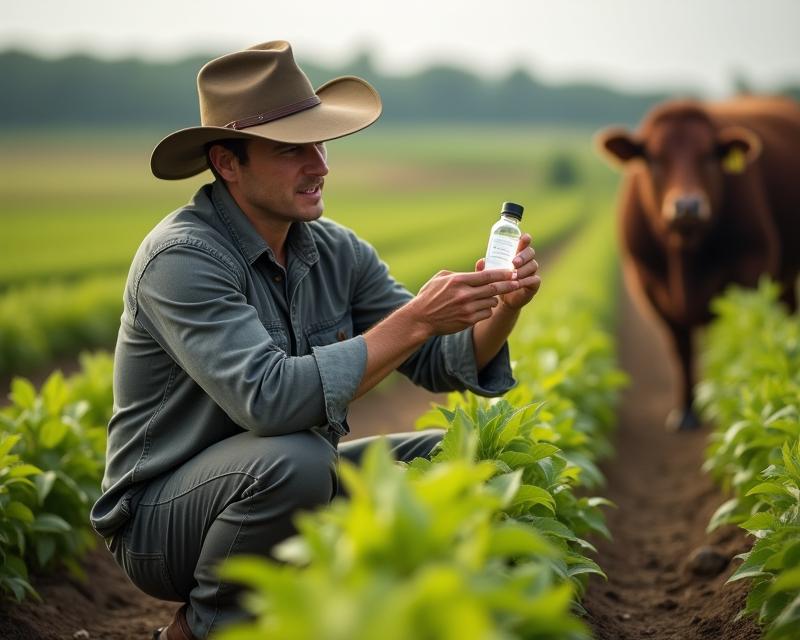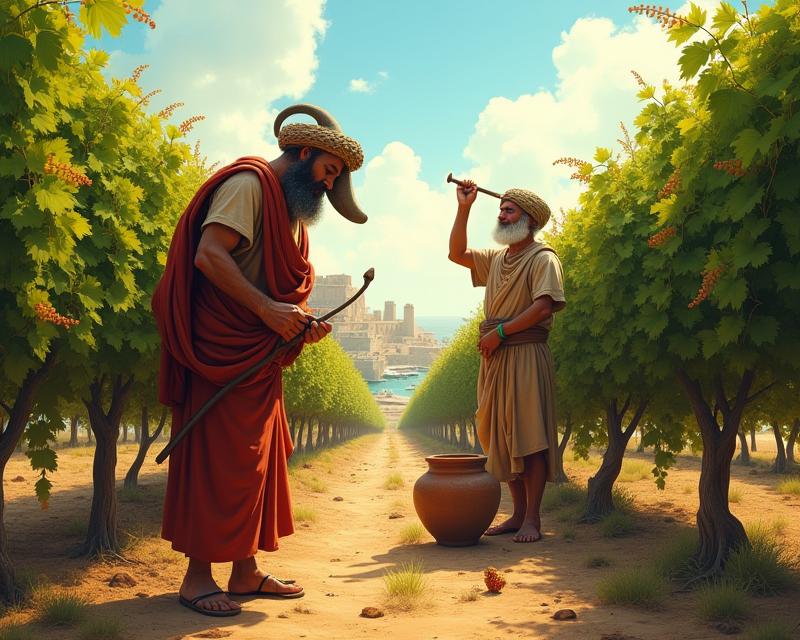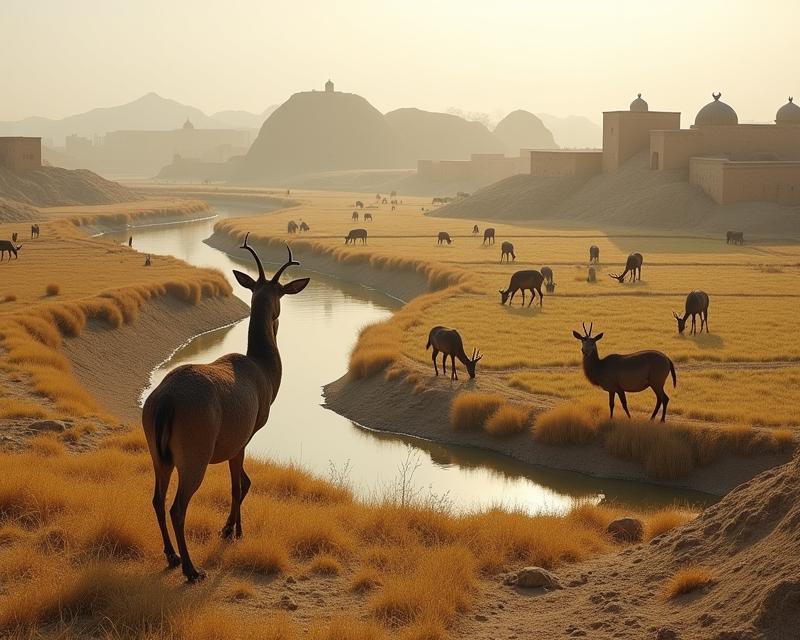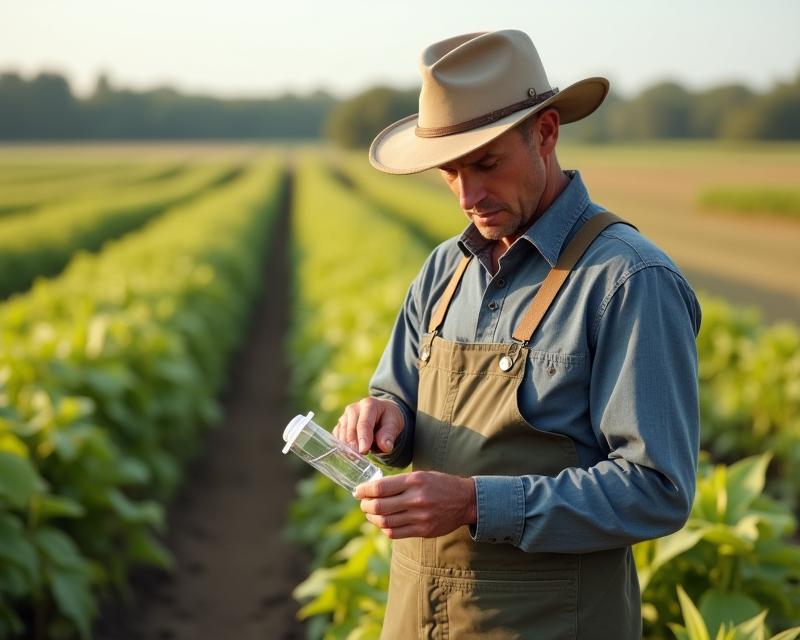Water Woes: Risks of Contaminated Water in Farming
Publish in Agriculture el 21/07/2025 20:11
Water Woes: Risks of Contaminated Water in Farming
Water is the lifeblood of any farm, garden, or ranch. It’s essential for crop growth, livestock health, and overall productivity. But what happens when the water source isn't as pure as it seems? Using contaminated water in agriculture can lead to a whole host of problems, impacting your yields, your animals, and even your bottom line. Understanding these risks is the first step in protecting your operation.

What Contaminants Are We Talking About?
Contaminated water can harbor a variety of harmful substances. These can include bacteria like E. coli and Salmonella, viruses, parasites, heavy metals (like lead and arsenic), pesticides, fertilizers, and even industrial chemicals. The source of contamination can vary greatly – runoff from nearby farms, sewage systems, industrial discharge, or even naturally occurring minerals in the soil can all pose a threat. The specific contaminants present will depend on your location and the surrounding land use. Regular testing of your water source is crucial to identify potential problems.
Impact on Crops
Contaminated water can directly affect your crops in several ways. Some contaminants can damage plant roots, hindering their ability to absorb nutrients and water. Others can accumulate in the plant tissue, making the crops unsafe for consumption or animal feed. For example, excessive nitrate levels can lead to leafy green vegetables accumulating harmful levels of nitrates. Pesticides and heavy metals can also contaminate crops, rendering them unsellable and potentially posing health risks to consumers. Furthermore, certain pathogens can cause plant diseases, leading to significant yield losses.
Risks to Livestock
Livestock are particularly vulnerable to the effects of contaminated water. Drinking contaminated water can lead to a range of health problems, including gastrointestinal illnesses, infections, and even chronic diseases. Pathogens like bacteria and parasites can cause diarrhea, vomiting, and reduced growth rates. Heavy metals can accumulate in the animal's tissues, leading to organ damage and other health issues. Contaminated water can also impact milk production in dairy animals and affect the quality of meat and eggs. Ensuring your livestock have access to clean, safe drinking water is paramount for their well-being and productivity.
What Can You Do?
Protecting your farm from contaminated water requires a proactive approach. Regularly test your water source for a wide range of contaminants. Implement water treatment systems, such as filtration, UV sterilization, or reverse osmosis, to remove harmful substances. Properly manage runoff from your farm to prevent it from contaminating nearby water sources. Consider using alternative water sources, such as rainwater harvesting, when possible. Staying informed about local regulations and best practices for water quality is also essential. By taking these steps, you can safeguard your crops, your livestock, and your farm's future.





